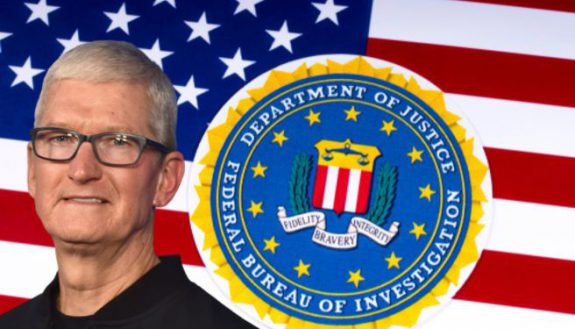
The UK government has issued a “technical capability notice” to Apple under the Investigatory Powers Act 2016, compelling Apple to provide access to users’ encrypted iCloud data according to a report that originated in The Washington Post and which has been picked up by Reuters and The Guardian.
At time of writing the Govt had not issued a denial of the reports. The Washington Post’s story added: “The Home Office said Thursday that its policy was not to discuss any technical demands. “We do not comment on operational matters, including for example confirming or denying the existence of any such notices,” a spokesman said”.
This legislation states: “The Secretary of State considers that the notice is necessary for securing that the operator or another relevant operator has the capability to provide any assistance which such operator may be required to provide in relation to any relevant authorisation,
If issued, the directive would compel Apple to create a backdoor to its encrypted cloud storage, allowing UK security officials to retrieve all content uploaded by any Apple user worldwide.
Apple has previously stated it would never build a backdoor into its products and has suggested it might withdraw such security features from the UK market rather than compromise its global security commitments.
Reuters says the order specifically targets Apple’s Advanced Data Protection (ADP) feature, which offers end-to-end encryption for iCloud backups, ensuring that only users can access their data. In response,
The Guardian says development has raised significant concerns among privacy advocates, who argue that weakening encryption could erode fundamental rights and civil liberties without necessarily enhancing security. Critics warn that creating backdoors for government access could introduce vulnerabilities exploitable by malicious actors.
Protective
Apple is fiercely protective of its user’s data. In 2016 there was a legal standoff between Apple and the FBI over access to an iPhone used by Syed Rizwan Farook, one of the perpetrators of the San Bernardino terrorist attack in California, which resulted in 14 deaths.
The FBI demanded Apple to create a special version of its iOS software that would disable security features, specifically the auto-erase function and time delays between incorrect passcode attempts. This would have allowed the FBI to conduct a brute-force attack to unlock the phone without risking data deletion.
Apple refused the request. CEO Tim Cook stated that complying would create a “backdoor” into all iPhones, posing a serious threat to user privacy and security. Cook emphasised that such a tool, once created, could be exploited by hackers, governments, or other malicious actors, jeopardizing the privacy of millions of users.

The U.S. government invoked the All Writs Act of 1789 to compel Apple to assist. Apple countered that the request was an overreach of government power and would set a dangerous precedent.
Before the case concluded in court, the FBI withdrew its request, announcing it had successfully unlocked the phone with the help of an undisclosed third party (later rumored to be an Israeli cybersecurity firm called Cellebrite).

